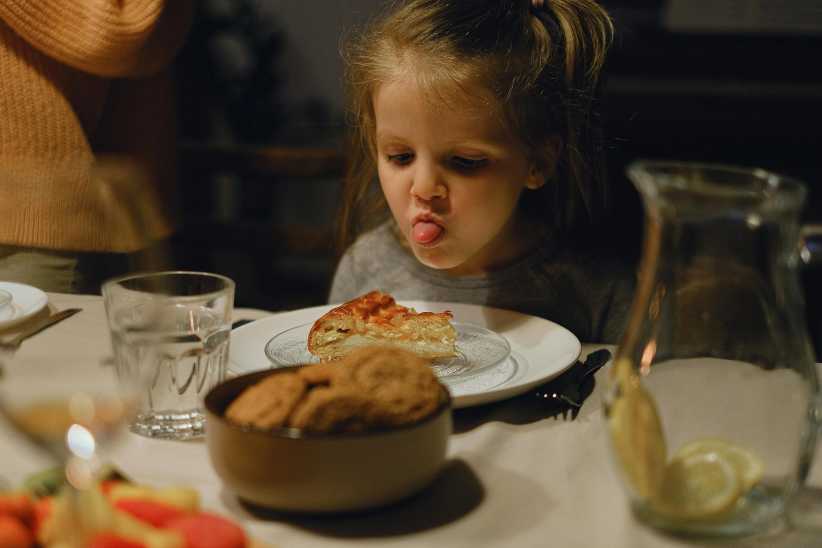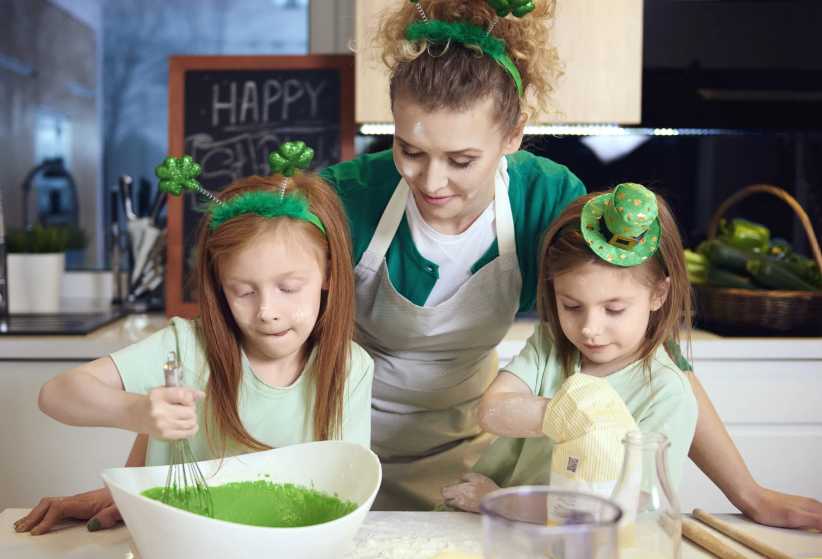Our mothers taught us much more than cooking during our times together in the kitchen. Often something much deeper was being passed along. I’ve asked several local registered dietitian nutritionists to weigh in on the topic:
Growing up, our home was very food-oriented. My mother is Finnish with a bit of English and Irish; my dad was Italian. Mom learned to create Italian cuisine that my father’s family loved and also cooked her own traditional meals. Our family always had a big organic garden where we grew tomatoes and other vegetables and everyone was involved in the cooking process. Mom taught us how to make our own tomato sauce that I still make today. Flavoring with fresh, locally grown produce and taking the time to cook as a family is a gift!
— Linda Arpino,
Life Focus Nutrition, LLC
When I was growing up, my mother used to have a tried-and-true principal she used when working off a cookbook. She said, “If one recipe doesn’t work in a cookbook, probably most of them won’t work.” Through the years, I have found that some cookbook authors may not have tested all their recipes or may not have used measuring spoons, cups, or scales. This would lead to proportions that may not be correct, which is crucial — especially when baking. So Mom was right — if one recipe doesn’t work from a cookbook, most recipes probably won’t work.
— Marlisa Brown,
President of Total Wellness Inc.
My mother taught me about love — the love of music and family. Oftentimes my mother would have gospel music playing in the background while she cooked. I would anxiously pull up a chair at the kitchen table — not to help cook — but to hear stories about her and my uncles. When they were young, my uncles sang in a gospel quartet, and mom played the piano for her Sunday school. She was the youngest of her siblings and her stories always centered around how her brothers took care of her. Thanks to Mom, I love and appreciate all types of music and understand the importance of a strong family bond.
— Constance Brown-Riggs,
author “The African American Guide to Living Well with Diabetes.”
Standing in the kitchen side-by-side with my mom while helping her cook for the holidays, she would say, “This is for Grandpa.” Curious, I would ask her why we were cooking a separate pot of stuffed cabbage for him. She explained that Grandpa had diabetes and cannot eat foods with sugar. So we always made a low-sugar version for Grandpa. When we served the holiday meal, Mom would hand me two serving bowls and say, “This one is for Grandpa, this is for everyone else.” Today, we are aware that it’s the total amount of carbohydrate that affects blood glucose levels, although we still encourage reducing added sugar. When I invite people over to my home for a meal, I always consider the special nutritional needs of my guests. Thanks, Mom, for teaching me this valuable lesson.
— Bonnie R. Giller,
Dietetics & Nutrition, P.C.
I can’t say I learned how to be a chef from my mom, but I can say that I learned the importance of a family meal and how a few great recipes can create memories, make a cold day warmer, and gather lots of “Mmmms” at the dinner table. My mom cooked with a lot of packaged ingredients; think Good Seasons Italian dressing, Lipton Cup-of-Soup, and Duncan Hines cake mix. But the outcomes were delicious. Now I make the same foods with my kids, but I do it my way. I use organic and local ingredients and cook from scratch, but the end result is the same: Full bellies, big smiles, and lots of warm memories.
— Amy Shapiro,
founder of Real Nutrition NYC
• • •
The lessons our mothers taught us weren’t just about food and cooking; they were about life. Why don’t you prepare a cherished recipe soon to celebrate and honor the women who taught you so much?
Christine M. Palumbo is a registered dietitian nutritionist and Fellow of the Academy of Nutrition and Dietetics in Naperville, Ill. Her mother taught her the joy of eating, how not to waste food, and the value of a pot of soup bubbling on the stove.






















